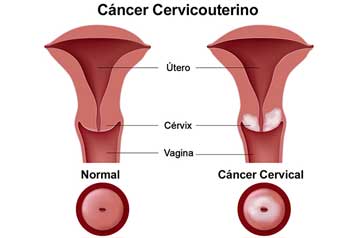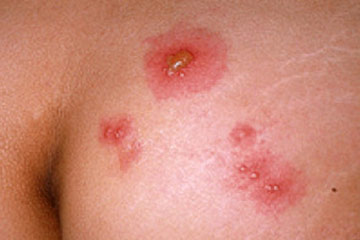Importation of Pets and Other Animals Into the United States
Cats and dogs
The Centers for Disease Control and Prevention (CDC) has regulations on the importation of dogs and cats into the United States. In general, they require that dogs be vaccinated against rabies at least 30 days prior to entry, except for puppies younger than 3 months and dogs originated or located for 6 months in areas considered to be free of rabies. A dog with an unexpired health certificate meets these requirements. We strongly suggest you visit the CDC web site at: http://www.cdc.gov/animalimportation/BringingAnimalToUs.html or call them at 1-800-232-4636, for more information on their regulations. There is no vaccination regulation for cats.
The U.S. Department of Agriculture has certain restrictions on the importation of dogs. Collies, shepherds, and other dogs that are imported from any part of the world except Canada, Mexico, and regions of Central America and the West Indies and that are to be used in the handling of livestock must be inspected and quarantined at the port of entry for a sufficient time to determine their freedom from tapeworm.
APHIS VS requirements for all dogs imported or returning from countries affected with screwworm:
Pet and other types of dogs (commercial, breeding, etc.) that are returning, and/or are presented for US entry, from countries or regions where screwworm is known to exist, may enter the US if they meet the following requirements:
- The dog must be accompanied by a certificate signed by a full-time salaried veterinary official of the region of origin stating that the dog has been inspected for screwworm within 5 days prior to shipment to the United States.
- The certificate must state that the dog is either free from screwworm or was found to be infested with screwworm and was held in quarantine and treated until free from screwworm prior to leaving the region.
Other General Information for Pets
In order to expedite entry into the United States, we suggest that you do not use straw, hay, grass, or other natural bedding. Our Plant Protection and Quarantine Division does not allow the importation of these materials as they may harbor various plant pests.
We also suggest you contact your State, county, municipal authorities for local restrictions on importing dogs. Some airlines require health certificates for dogs traveling with them. You should contact the airlines prior to your travel date.
Cats and dogs being imported into Hawaii will be quarantined for 130 days. Please visit the website for the Hawaii Dept. of Agriculture at: http://hawaii.gov/hdoa/Info/doa_importing
All cats and dogs are subject to inspection at ports of entry for evidence of infectious diseases that can be transmitted to humans.
As a help to both domestic and international travelers, The American Society for the Prevention of Cruelty to Animals web site has a wealth of pertinent information.
Owners of dogs imported from countries or regions affected with Foot-and-Mouth Disease (FMD) are advised to take the following precautions to prevent the introduction of FMD from pets entering the United States:
- The feet, fur, and bedding of the pets should be free of any excessive dirt or mud.
- The pet's bedding should be free of any straw or hay, or other natural bedding.
- The pet should be bathed as soon as it reaches its final destination.
- The pet should be kept separate and apart from all livestock for at least 5 days after entry into the United States.
If you need more information contact the Import Animals Program at (301) 851-3300.
OTHER
APHIS does not have animal health requirements for the importation of fish, reptiles, lions, tigers, bears, mink, rabbits, sugar gliders, foxes, monkeys, endangered species, guinea pigs, hamsters, gerbils, mice, rats, chinchillas, squirrels, mongoose, chimpmunks, ferrets, or other rodents provided they have not been inoculated with any pathogens for scientific purposes. If the latter is the case, they require an import permit (VS Form17-129) and can only be released to an approved laboratory.
The CDC has responsibilities pertaining to the importation of primates.
The U.S. Department of the Interior, Law Enforcement Division, Fish and Wildlife Services , has responsibility pertaining to the importation of reptiles, fish, and endangered species.
Source
Animal and Plant Health Inspection Service APHIS
More Information:
-
Importation of Pets and Other Animals Into the United States
-
Pet Travel
-
Pets Travel Container
-
Diseases from Dogs
-
Diseases from Cats
-
Choosing a Pocket Pet
-
Lymphocytic Choriomeningitis Virus from Pet Rodents
-
Pregnant Woman and Toxoplasmosis
-
You Can Prevent Toxoplasmosis (Toxo)
-
HIV. Preventing Infections from Pets
-
You can Prevent Cryptosporidiosis






